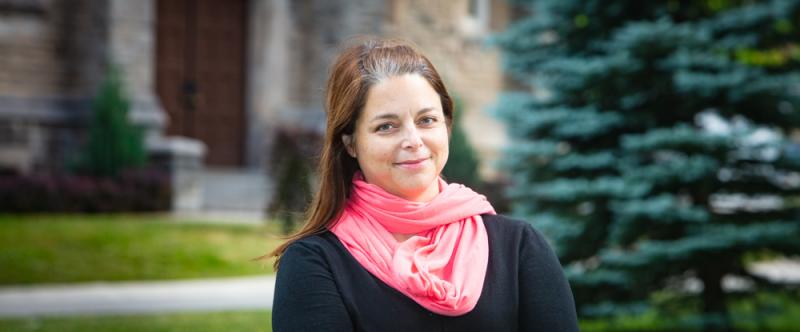Jaclyn Cockburn

Program
About my research…
Physical processes and human activities change the landscape and increasingly these factors work in tandem on the Earth’s surface; these interactions are what inspire and drive my research. Changing climate, extreme rainfall events, and land use changes influence sediment transport and delivery, and this contributes to water quality degradation. The landscape response to these changes and how earth surface processes work under varying conditions are important for us to study.
How my research improves life…
The long-term goals for my research program are to measure how surface processes (such as hydrology and suspended sediment transfer) change in response to climate variability, land use change, land management, and extreme events, and to quantify the impacts these changes have on the movement of sediment through the watershed (e.g., sediment cascades). Understanding the impacts of these processes helps us to improve management strategies and inform policies, such that the consequences are minimized (e.g., keeping people safe, minimizing infrastructure damage).
Why you should choose Guelph…
Are you curious? Do you like to try to guess what's going to happen next in a book or tv/movie? Come work with me! In mystery books/tv shows/movies, the characters collect evidence to reconstruct the events that took place (and maybe solve a crime). This research opportunity is similar (minus the crime, the Hollywood celebrities and 44 minute time-frame). Scholars working in the research program are going to use what you learned in your undergraduate degree to reconstruct soil erosion, landscape change, and land use management practices from lake sediment core records, and contemporary monitoring. You are putting your knowledge to work to solve a problem and help inform future solutions.